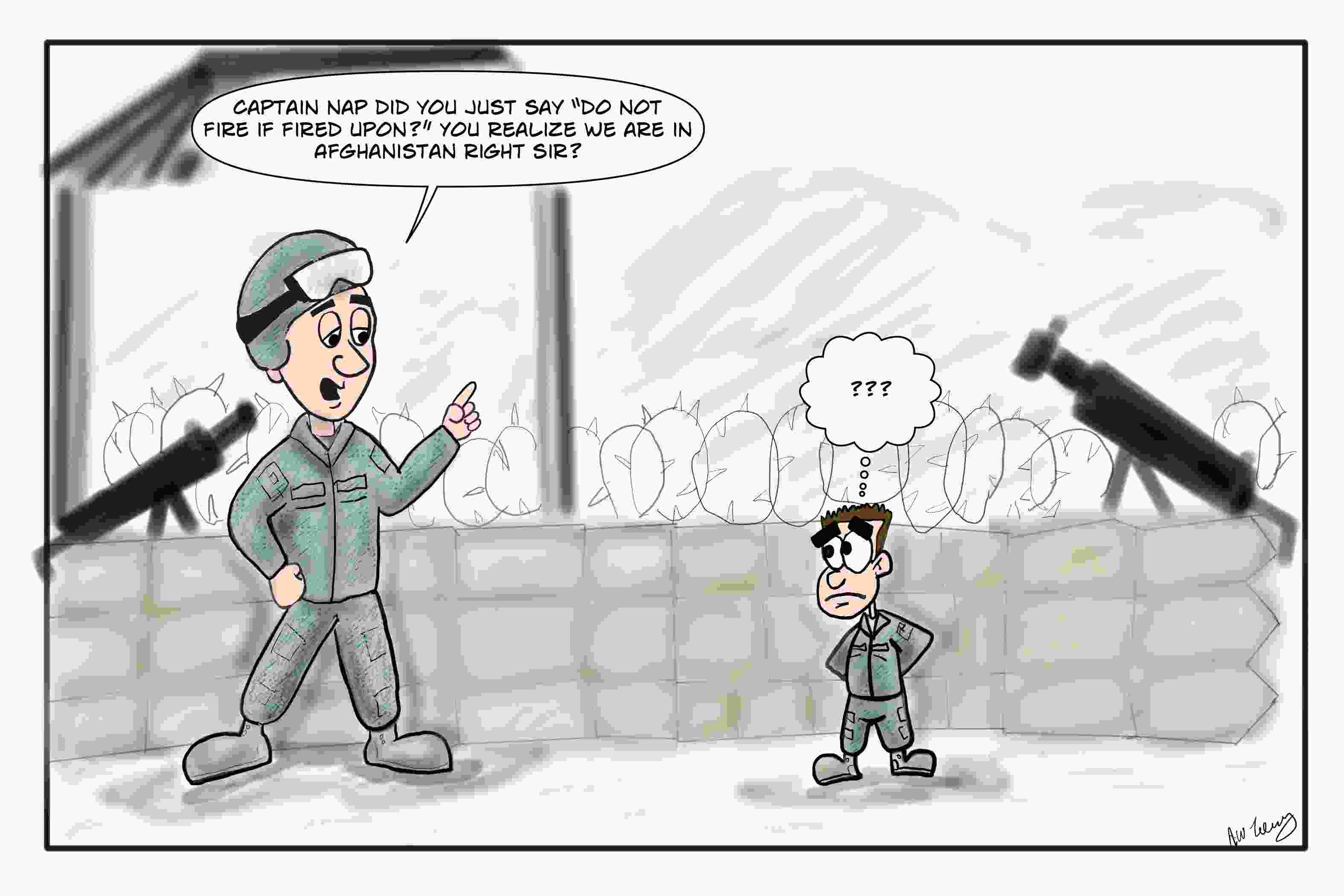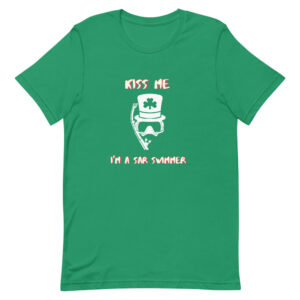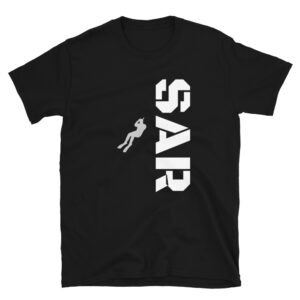Don't miss our flash to bang SALES!
Do not fire if fired upon

Do not fire if fired upon is Army “humor” of soldiers deployed on a Forward Operating Base (FOB) in Afghanistan. Whether in the Air Force, Marines, Navy or Army life on the FOB is interesting and requires humor and a DIY attitude to get things done…and to survive. This true experience was a not so funny joke about a conversation with a Company Commander and his unwillingness to engage the enemy.
Do Not Fire If Fired Upon: The “Humor” of Life on a Forward Operating Base
Life on a Forward Operating Base (FOB) in Afghanistan was many things: dusty, hot, and, if you were lucky, uneventful. It was also the kind of place where humor was your greatest weapon—especially when orders from the top made about as much sense as a screen door on a submarine.
Private First Class Luke “Lucky” Williams and his platoon were stationed on FOB Dustbucket (the name was unofficial, but let’s just say it fit). They spent their days performing the holy trinity of deployed soldier life: patrol, guard duty, and waiting for the mail, which mostly consisted of letters from family and the occasional box of stale cookies from some well-meaning support group.
But one day, something changed. Their Company Commander, Captain “By-The-Book” Anderson, called the troops together for a meeting that would go down in FOB legend.
The Company Commander’s Briefing
Captain Anderson was not known for his flexibility. He liked his regulations crisp, his uniform starched, and his rules obeyed without question. So when the men heard he had a new directive for them, they braced for the worst.
Anderson stood before the platoon, his expression a mix of authority and the kind of seriousness usually reserved for meetings with generals. He adjusted his cap, cleared his throat, and said the words that would be immortalized in FOB Dustbucket history:
“Gentlemen, from here on out, we will be following a new engagement protocol. You are not to fire unless fired upon.”
There was a pause as the soldiers absorbed this. The order wasn’t exactly new—it had been floating around the Army’s rulebook for a while—but hearing it out loud, in this context, made it sound absurd. Especially in a place where the enemy tended to shoot first, second, and third, while the soldiers tried to figure out who was even firing at them.
Private Williams, never one to keep his mouth shut (which is probably why he ended up with the nickname “Lucky”), raised his hand.
“Uh, sir? So you’re saying we shouldn’t fire unless they shoot at us first?”
“That’s correct, Private,” Anderson replied, his face as serious as a funeral. “Do not fire unless fired upon.”
There was a collective groan from the platoon. Lucky couldn’t believe what he was hearing. Here they were, on the front lines, and they were supposed to wait for the enemy to take the first shot? That was like walking into a bar, seeing a guy winding up for a punch, and waiting for him to break your nose before you swung back.
Lucky, of course, couldn’t let it go.
“But sir,” he said, standing up straighter, “doesn’t that put us at, you know, a disadvantage?”
Captain Anderson’s eyes narrowed. “How so, Private?”
“Well, sir, let’s say we’re on patrol, right? And we see a group of guys setting up an RPG launcher. They haven’t fired yet, but they’re definitely going to. Do we just wait until they blow us up before we can do anything?”
Anderson didn’t flinch. “That’s correct, Private. The rules of engagement are clear.”
Lucky opened his mouth, then shut it again, trying to process this. He glanced around, hoping someone else would step in and point out the insanity of this plan. But everyone was either too stunned or too smart to question the order.
The FOB’s “New” Rules
Over the next few days, the mood on the FOB shifted from mild frustration to full-blown disbelief. The phrase “do not fire unless fired upon” became a running joke, whispered in mess hall lines, muttered during guard shifts, and even scribbled on the bathroom walls like some kind of deranged military graffiti.
Lucky was at the center of it all, turning the absurdity into comedy gold. During guard duty one night, he leaned over to his buddy, Private Jenkins, and pointed out into the pitch-black desert.
“You see that rock out there?” Lucky asked, squinting into the distance.
“Yeah?”
“Well, don’t fire at it unless it fires at you first.”
Jenkins snorted. “Roger that. I’ll just wait for it to start shooting.”
It didn’t take long for the whole FOB to adopt a DIY approach to surviving Captain Anderson’s “rules.” Soldiers started crafting ridiculous “training” scenarios that involved waiting for inanimate objects to “fire” at them. It was a good way to pass the time—and a coping mechanism to deal with the reality that the rules of engagement seemed written by someone who had never actually seen combat.
One day, Sergeant Major “Iron Mike” Patterson caught a couple of soldiers in the motor pool, staring intently at a Humvee.
“What the hell are you two doing?” Iron Mike barked.
“Waiting for it to fire at us, Sergeant Major,” one of them replied with a straight face.
Iron Mike blinked, then shook his head. “You boys have lost it.”
The “Engagement” That Changed Everything
A week later, during a routine patrol, the joke became a little too real.
Lucky’s squad was moving through a village when they spotted something. A group of insurgents—armed, dangerous, and very clearly preparing to fire. Lucky glanced at his squad leader, Sergeant Davis, who raised his weapon but didn’t fire.
“Do not fire unless fired upon,” Davis muttered through clenched teeth, his eyes locked on the enemy.
Lucky’s heart pounded. They were sitting ducks, waiting for the inevitable.
Sure enough, the first shot rang out—thankfully missing by a good few feet. In the chaos that followed, the squad returned fire, taking cover and quickly eliminating the threat. But the damage was done. They had literally waited for the enemy to shoot before they could engage.
Back at the FOB, after the adrenaline wore off, the squad sat around, decompressing. Lucky was the first to speak.
“Did we seriously just let them shoot at us first? Like, are we in some kind of bad action movie?”
Sergeant Davis shook his head. “I know, I know. But orders are orders. You want to explain it to Captain By-The-Book?”
The Aftermath
Word of the incident spread quickly. And while no one was hurt, it was clear that the “do not fire unless fired upon” order was, to put it lightly, a bad idea. Eventually, Captain Anderson revised the rules of engagement—though he’d never admit it was because of the absurdity his order had caused.
Life on the FOB continued as usual, with humor as the soldiers’ best defense. The “do not fire” joke lingered, but now it came with a knowing smile and a shake of the head. It was one of those things that seemed ridiculous in the moment but, in hindsight, was just another chapter in the absurd, unpredictable adventure that was deployment.
As for Lucky? He learned two valuable lessons that day: One, the Army’s rules of engagement don’t always make sense. And two, if you ever hear a rock start shooting, maybe it’s time to reconsider your career choices.
The End
The Frontlines
Explore the fantastic range of military-themed shirts, mugs, and posters available at The Frontlines Shop! Don’t miss out on our amazing sales happening right now! And believe it or not, some of the comics I created during my 20 years in the military have actually been published! These humorous and occasionally edgy reflections are inspired by incredible mentors, wonderful friends, and a genuine love for sarcasm. Check them out on Amazon The Frontlines
Popular Products
-

Kiss Me I’m a Rescue Swimmer
Price range: $25.00 through $37.50 Select options This product has multiple variants. The options may be chosen on the product page -

Helicopter Hat
$24.50 Select options This product has multiple variants. The options may be chosen on the product page -

SAR
Price range: $20.00 through $28.50 Select options This product has multiple variants. The options may be chosen on the product page -

Freefall Your Feelings Away
Price range: $19.50 through $28.00 Select options This product has multiple variants. The options may be chosen on the product page




